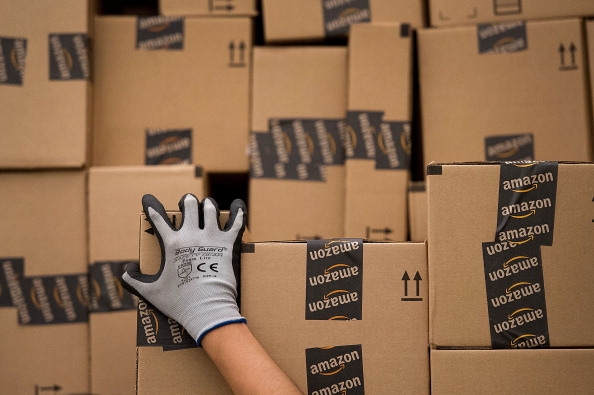
Lessons from Amazon Prime Day: How One Tag Can Sink a Holiday
Reports are already touting the success of Amazon’s Prime Day (still in process), forecasting that they will bring in more than $2B in revenue from this 30-hour promotion. Amazon is upstaging even Hallmark in their ability to drive revenue from invented holidays.
But Prime Day hasn’t been without its hiccups. This morning Internet Retailer reported that Amazon experienced a one-hour slow down on day one due to a faulty tracking tag. Coming on the heels of the recent RSR report “eCommerce Performance: What Works, What Doesn’t, and What’s Next” that profiled performance on 80 retail sites, this slowdown captured our attention. It’s like waking up to news that Steph Curry missed a free throw with 1s left to lose a game. This just doesn’t happen to Amazon. But is this all much ado about nothing? Is a one hour slow down really newsworthy?
It’s newsworthy. That small delay likely cost them millions.
Want to learn more in time for the holidays? Get a free analysis of your 3rd parties with a YOTTAA performance expert today.
Seconds Cost Millions
A frequently quoted study by Kohavi and Longbotham in 2007 found that a 100ms delay in the loading of Amazon.com results in a 1% drop in revenue. Follow on studies in recent years have corroborated this, with Soasta and Aberdeen each finding that a one second delay results in a 7% loss in conversions, and eBags reporting that every second past 3 seconds in page load time results in a 20% loss in conversion (video link). Applying this back to Amazon, if the problem was simply a 1s delay in page load time (exact length of delay was not reported), that would mean $7M in sales just evaporated. Because of a small, invisible tracking tag that had problems for 50 minutes.
Why did this happen? Amazon builds most of their capabilities in-house, which gives them maximum control and helps them always deliver a fast experience. But even Amazon relies on a handful of 3rd party company tags to track visitors, enhance advertising, and customize the experience. When working as designed, these tags probably deliver significant incremental revenue. But in the one moment that tag hung up and slowed the page for shoppers, it cost them millions. Amazon reacted immediately and removed it, because it was only one tag and wouldn’t have any visible impact on the customer experience. Unfortunately, all other retailers encountering the same problem would be sifting through an average of fifty 3rd party tags delivering customer facing features like recommendations, reviews and advertising (Infographic: Impact of 3rd Party Tags). Which means it would have lasted longer, and had an even bigger impact.
Holiday Lesson: 3rd Parties Can’t Wait until November
All eCommerce teams should learn from Amazon’s experience, especially as they sprint to finalize 2017 holiday website builds. Retailers rely on 3rd party tags because they deliver real business value and critical UX features. If anything, retailers should be using more tags, not stripping them off. But every 3rd party tag makes multiple calls to external servers that you don’t control, and each call represents a potential point of failure that you need to prepare for.
Don’t be caught off guard by errors and delays during your own version of Amazon’s Prime Day. If you encounter a problem on Black Friday and want to react as quickly as Amazon (<1 hour!), you need to have the analytics in place to identify problematic third parties, along with the technology to adjust those tags without changing production code. Cutting edge eCommerce acceleration technologies like Yottaa can help you analyze, optimize and sequence the loading of 3rd party tags to ensure they only deliver a positive impact during your busiest times.
Are you committed to avoiding these errors on Black Friday 2017 and beyond? If so, start today by evaluating how much faster your website could load with eCommerce acceleration technology. The alternative is to just follow the status quo. Which means Thanksgiving could be spent watching football and eating pie. Or it could be spent scrolling through error logs and calling partner help desks.
